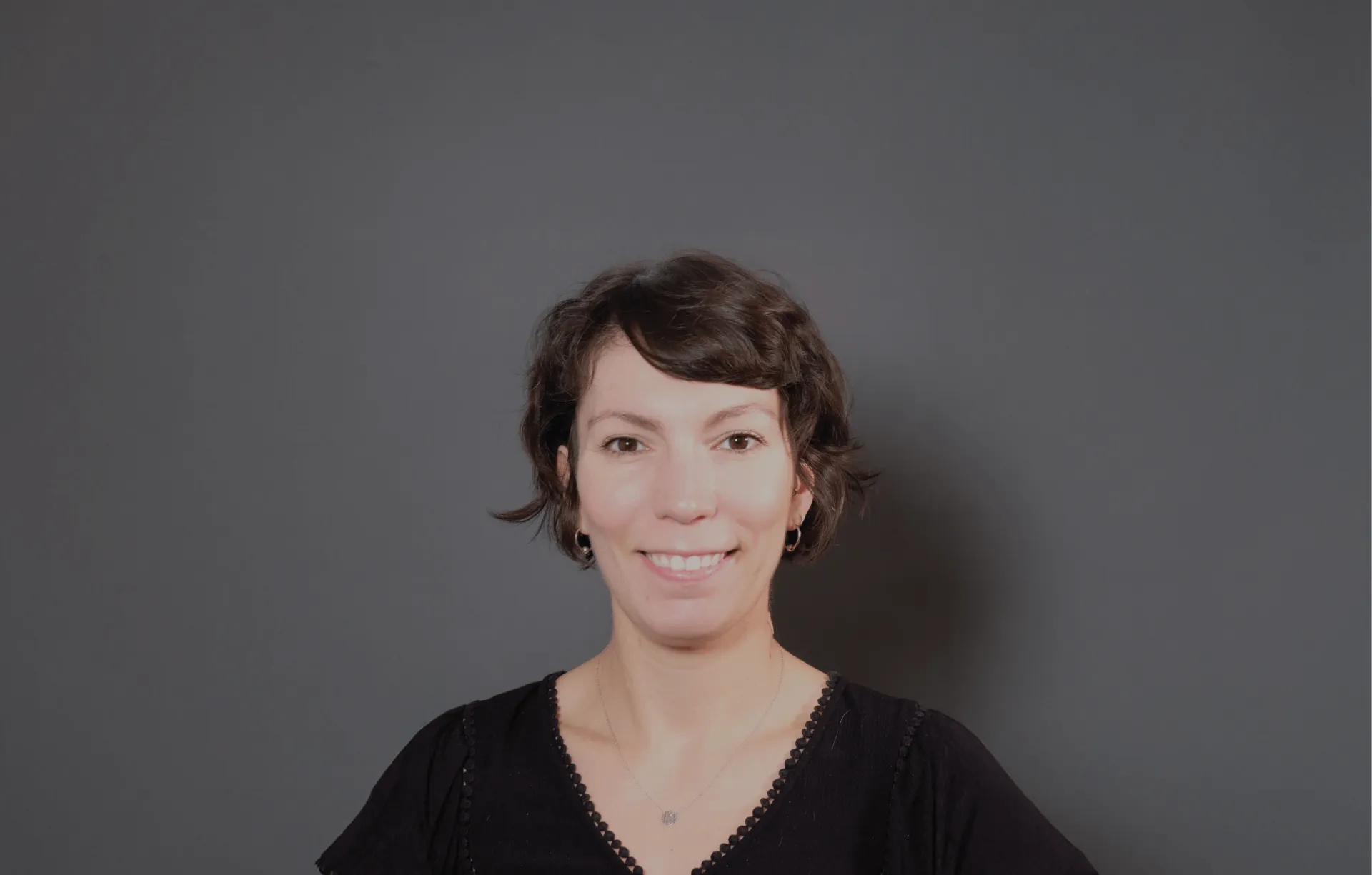Despite most patients with lung cancer experiencing significant weight loss (cancer cachexia), which is associated with worse mortality outcomes, there are currently no treatments available to patients to combat this syndrome. The lack of available treatments is due in part to challenges scientists have encountered in translating results from preclinical models into patient success.
Now, a new collaborative study, led by Deena Snoke, PhD, characterizes a novel preclinical mouse model of lung adenocarcinoma-associated cachexia, which better models features of human disease. Published in Cell Reports, the novel preclinical model finds early and extensive fat loss during lung adenocarcinoma development. The early fat loss seen in the model is replicated in longitudinal assessment of body composition measurements from the National Lung Screening Trial, which also finds early fat loss in lung cancer patients. Together this work indicates early fat loss is an important feature of human lung cancer.
These results shed light on the potential mechanisms of initiation of lung cancer cachexia and offer a model system to further study these relationships. The first study of its kind, this work demonstrates that lung cancer patients often experience significant body composition changes prior to their diagnosis. Meaning, body composition has the potential to serve as an early detection method for lung cancer.
To better understand this phenomenon, future work will focus on identifying the exact time course leading to progressive wasting, how factors released from wasting tissue may contribute to disease progression, and identifying potential mechanisms of cancer cachexia progression to develop effective therapeutic strategies.
This study was a true testament to team science and collaboration across different facets of the UVM Cancer Center, with Cancer Center coauthors from all three research programs including Michael Toth, PhD (CHE), David Seward, MD PhD (CC), Yvonne Janssen-Heininger, PhD (CC), Reem Aboushousha, PhD (CC), Thomas Ahern, MPH, PhD (PSCO), Dev Majumdar, PhD(CC), and trainees Alexandra Beal, and Jacob Dearbon. Furthermore, this work was supported by a UVM Cancer Center Pilot Grant (MJT) and a Cancer Center Travel Grant (DBS) allowing for Snoke to disseminate this work at international conferences. This research also served as the basis for Dr. Snoke’s successfully awarded NCI-funded K99/R00.
To learn more, read the full study here.


